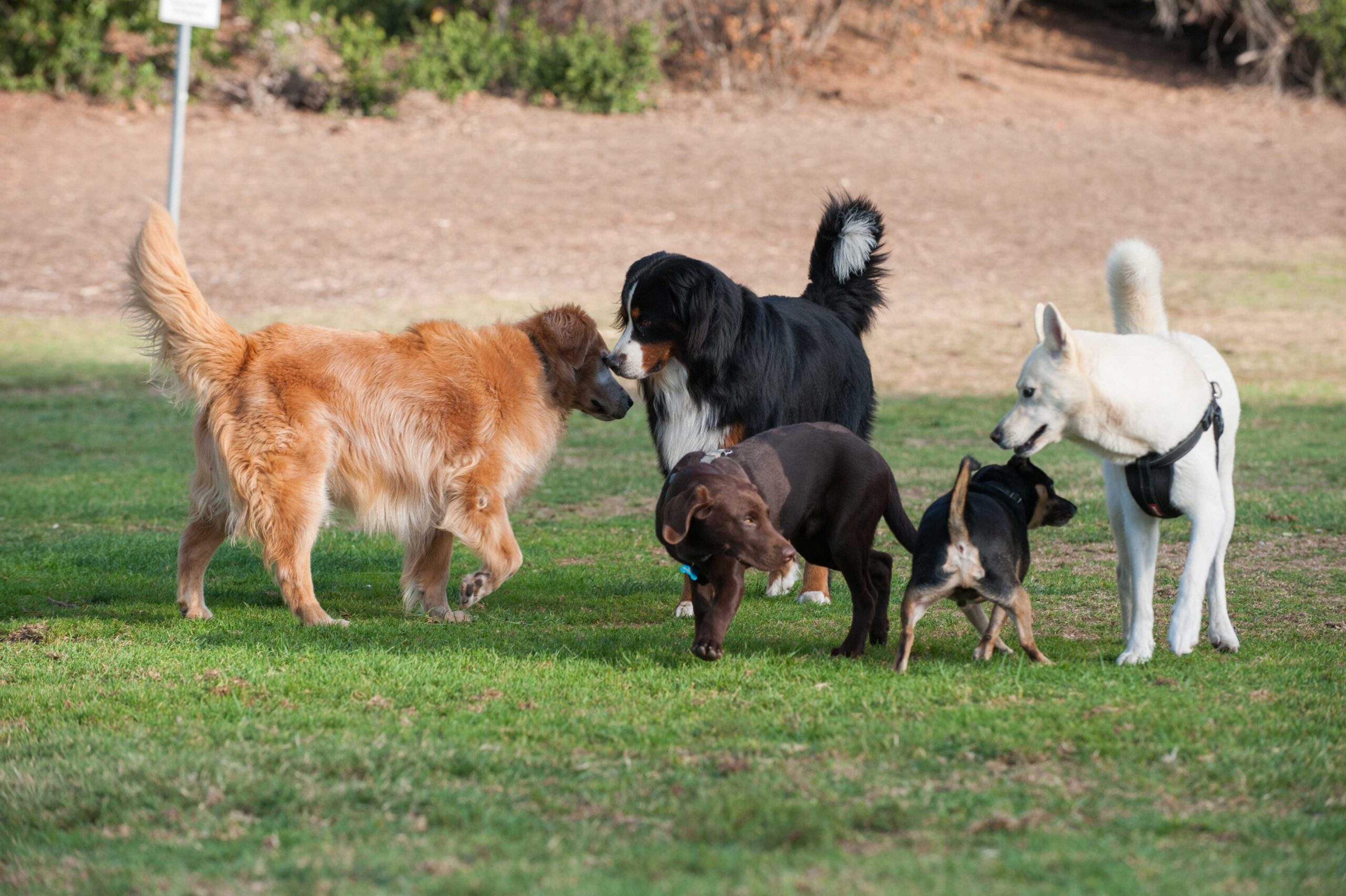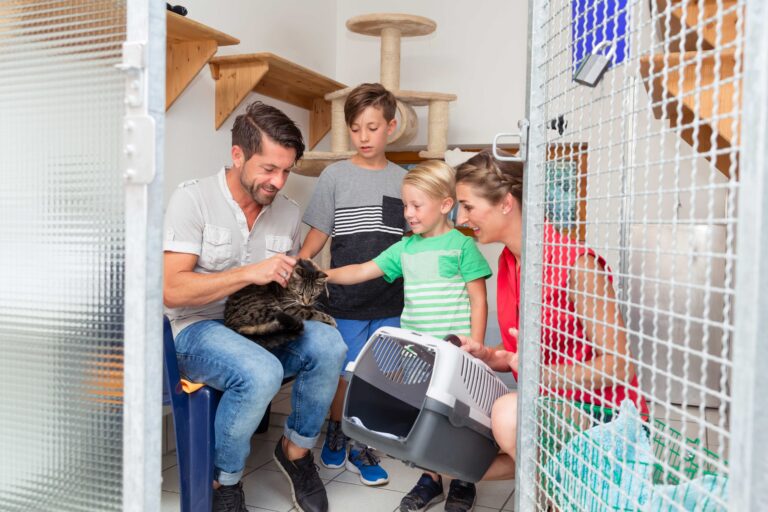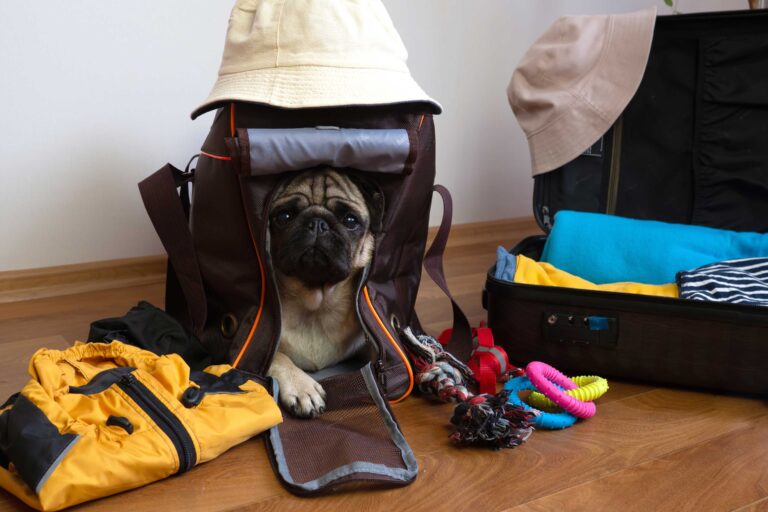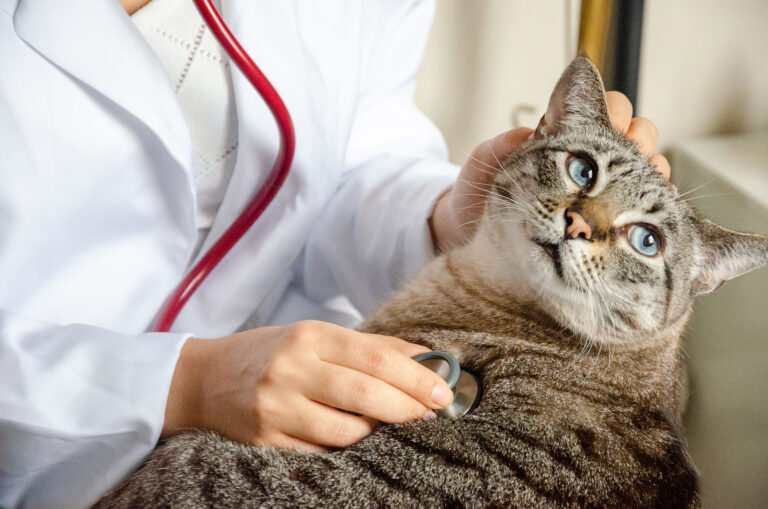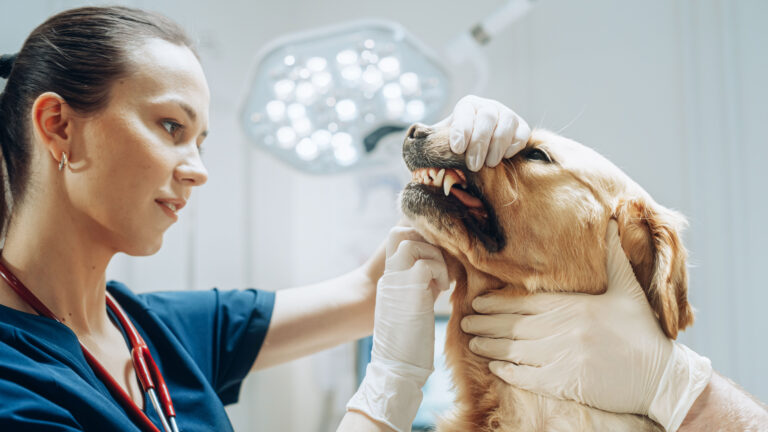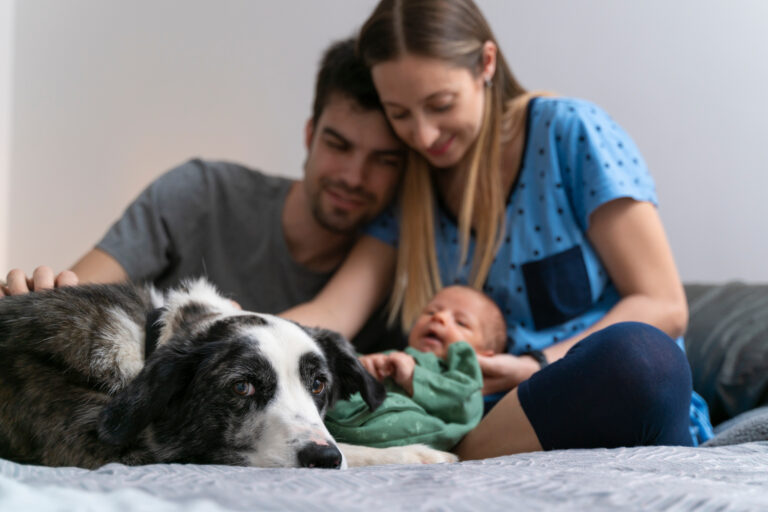The Benefits of Socialisation for Pets: How to Ensure a Well-Adjusted Animal
As pet owners, it’s our responsibility to ensure the well-being of our furry friends, and one crucial aspect of their overall health is socialisation. Socialising your pet is not just about playdates at the park; it plays a vital role in their mental and emotional development. In this article, we’ll explore the numerous benefits of socialisation for pets and provide tips on how to ensure your dog or cat becomes a well-adjusted and happy companion.
Benefits of Socialisation
1. Reduced Anxiety and Fear
Socialisation helps pets become familiar with different people, animals, and environments. Exposing them to various stimuli from an early age reduces anxiety and fear, making them more adaptable to new situations.
2. Improved Behaviour
Well-socialised pets are more likely to exhibit positive behaviours. They learn how to interact appropriately with humans and other animals, reducing the risk of aggression or excessive shyness.
3. Enhanced Communication Skills
Socialisation allows pets to develop better communication skills. They learn to read body language, signals, and cues from other animals, fostering effective communication in various social settings.
4. Prevention of Behavioural Issues
Proper socialisation can prevent a host of behavioural issues such as excessive barking, destructive chewing, or separation anxiety. Pets that are accustomed to different stimuli are less likely to develop these problems.
5. Increased Confidence
Exposure to new experiences and positive interactions boosts a pet’s confidence. This newfound confidence reflects in their overall demeanour, making them more comfortable in various situations.
6. Stronger Bond with Owners
Socialisation strengthens the bond between pets and their owners. Shared positive experiences create a sense of trust, making the pet more likely to seek companionship and guidance from their human caregivers.
How to Ensure Effective Socialisation
1. Start Early
The critical period for socialisation is during a pet’s early developmental stages. Expose them to different people, environments, and other animals while ensuring these experiences are positive.
2. Positive Reinforcement
Use positive reinforcement techniques such as treats, praise, and toys to reward good behaviour during socialisation. This creates positive associations with new experiences.
3. Gradual Exposure
Introduce new stimuli gradually. Whether it’s meeting new people or encountering unfamiliar environments, take it slow to avoid overwhelming your pet.
4. Consistent Training
Consistency is key in pet training. Regularly expose your pet to different situations, reinforcing positive behaviours consistently. This helps solidify their social skills over time.
5. Varied Environments
Ensure your pet experiences a variety of environments, both indoor and outdoor. This helps them become adaptable and comfortable in different settings.
6. Supervised Interactions
When introducing your pet to new animals, supervise the interactions to ensure safety. Gradually increase the duration and complexity of these encounters as your pet becomes more comfortable.
Conclusion
Socialisation is an essential aspect of pet care that significantly contributes to the overall well-being of your furry companion. By providing positive and varied experiences, you’re not just ensuring a well-adjusted pet but also fostering a stronger bond between you and your animal friend. Remember, a socially confident pet is a happy and fulfilled one.


